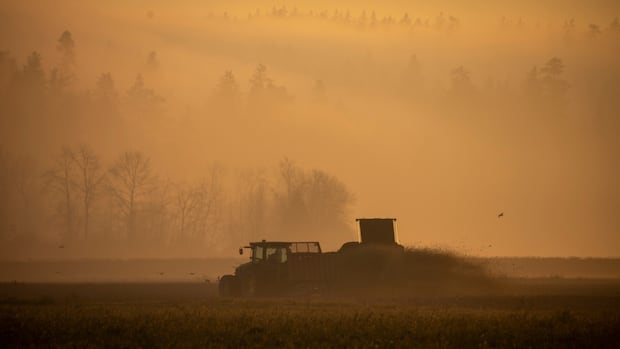Montreal shelter struggles to meet demand for help from asylum seekers

Kicha Estimé has a natural tendency to help others but the owner of La Traverse shelter in the Montréal-Nord borough says these days, she has to turn down five to 10 people everyday looking for a place to stay.
The transitional shelter located in a 10-bedroom house has been helping asylum seekers since April, 2020.
Though traffic has always been high, Estimé says demand for help has grown since the Canadian government closed the irregular border crossing at Roxham Road in southern Quebec in March.
“Some people sleep in the streets because they don’t have a place and all the places are full,” said Estimé.
In the last few months, she’s had to turn down families, single women with children and other individuals. Her shelter just doesn’t have enough room.
Usually new spots open up every one to three months, but Estimé says the housing crisis is increasingly forcing people to stay at the shelter for longer periods of time as they look for long-term accommodations.
She says she needs financial assistance to move the shelter into a bigger space and is looking into ways to raise funds.
Fernande Dorsainvil has stayed at La Traverse since May and doesn’t have a clear idea of when she’ll leave.
“It’s not easy,” she said about apartment hunting in Montreal.
Originally from Haiti, she had to cross through 10 countries with her two children — aged two and four — before claiming asylum in Canada.
“My faith keeps me standing,” she says.
Frantz André is a spokesperson for the Comité d’action pour personnes sans statut, a Montreal-based organization where he helps asylum seekers fill out paperwork and find lodging, among other services.
He says the city of Montreal should provide more temporary measures — like opening more spaces in hotels — to help absorb the spillover from strained shelters.
“We have signed the convention that tells us we need to give the opportunity to people to claim asylum in dignity and I don’t see a lot of dignity in the way things are happening right now,” he says.

In July, just over 3,000 people claimed asylum in Quebec, fewer than the 5,360 people recorded in March. He says the growing demand for help may not come from more people claiming asylum — but rather of how they’re doing it.
After Roxham Road was closed, the number of people coming into Canada by land to claim asylum dropped dramatically. Instead, more and more opted to fly in. In July, 2,545 people claimed asylum at a Canadian airport in Quebec compared to 930 in January, according to data posted by Immigration, Refugees and Citizenship Canada.
André says though claiming asylum inside the airport is a simpler process, several choose to put their claim together outside of the airport which requires co-ordinating with lawyers and organizations like his, extending the process by weeks.
“People who come with a very small amount of money, may not get financial help for a long time,” he said. “So that’s why you see them in shelters or even sleeping in the streets.”
At his office, André is able to work on two to three cases per day. He says he’s currently behind by two to three weeks.

He says he wishes the government would touch base more often with organizations to learn about their needs and how it can support them.
Estimé says support should come in the form of financial assistance. She runs the shelter on a volunteer-basis full time, with some help from her husband, and relies heavily on donations.
Additionally, Estimé continues to support people long after they’ve left the shelter, making the list of people relying on her even longer.
“They always come back,” she says. “They just pass here but they come back.”
“Me, I’m here to give.”
A number of churches have taken in refugees and asylum seekers in recent weeks after many of them were caught sleeping in the streets of Toronto. But now the churches are running out of room and resources while demand surges. They say more funding from all levels of government — beyond what was promised in July — is needed.

For more stories about the experiences of Black Canadians — from anti-Black racism to success stories within the Black community — check out Being Black in Canada, a CBC project Black Canadians can be proud of. You can read more stories here.




